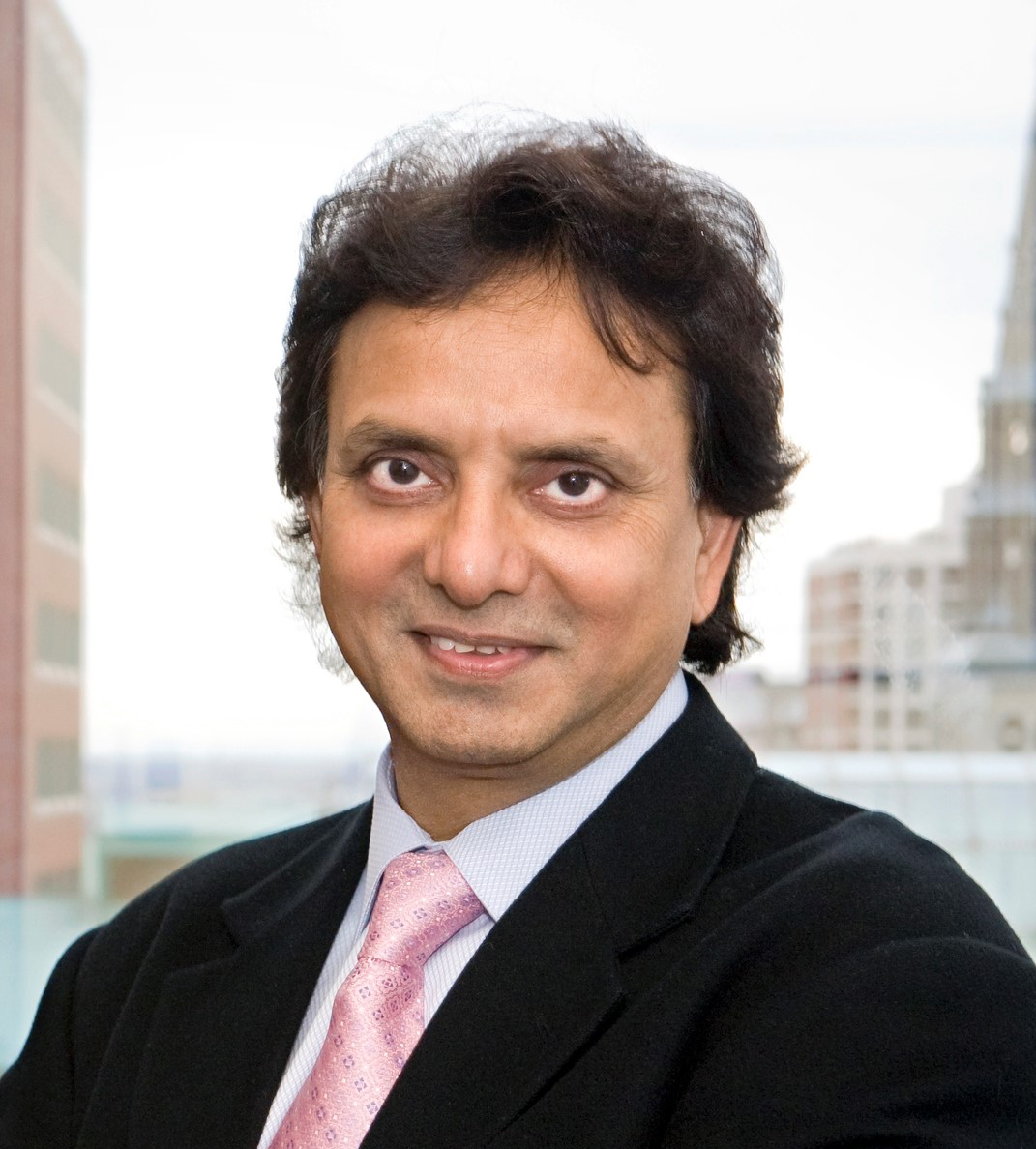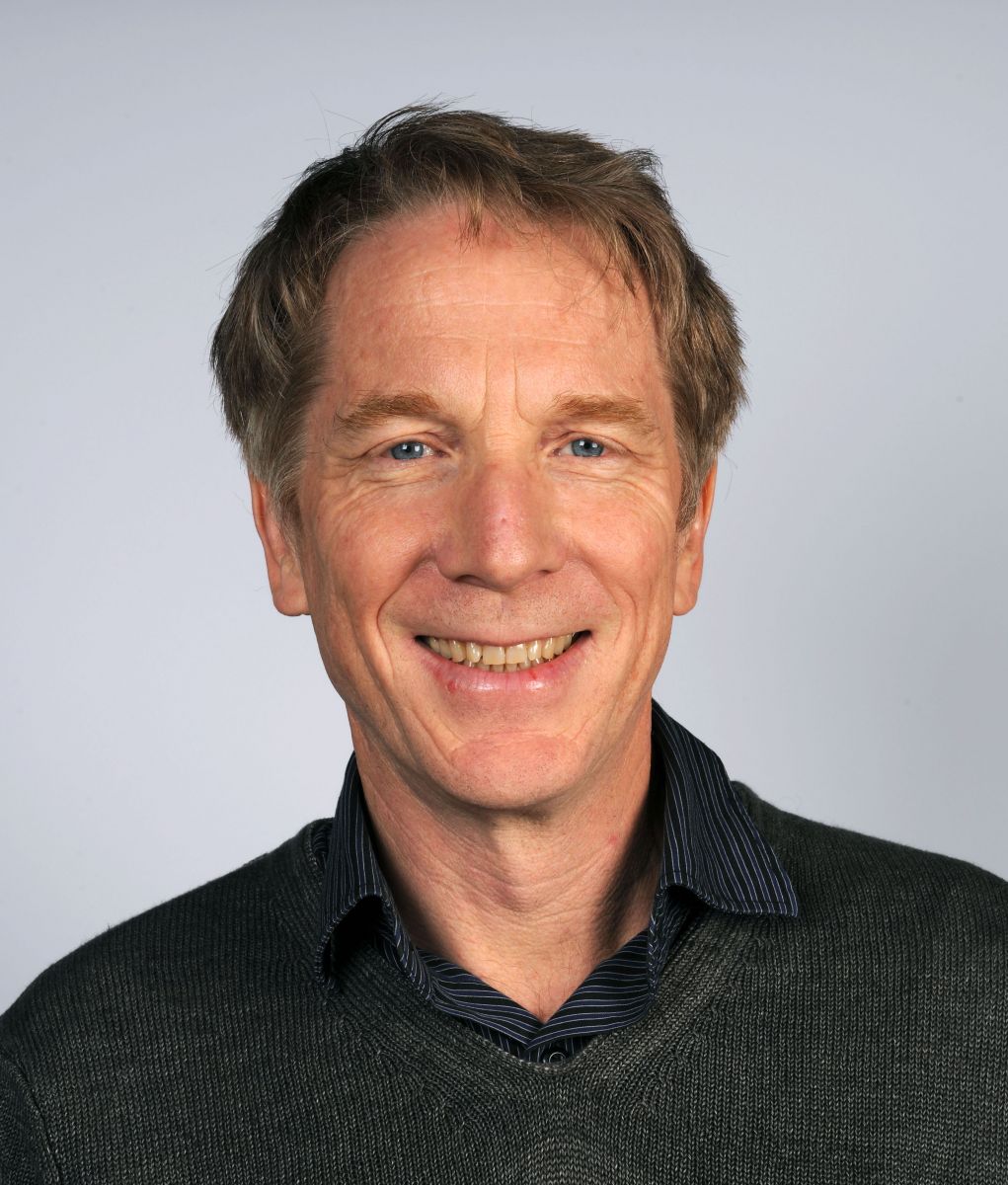From knowledge to action on sustainability
Next week, participants from across the communities that make up Future Earth, including our global research projects, will travel to the mountains of Switzerland. There, they’ll meet and set the stage for Future Earth’s activities in 2016 and beyond. It’s a testament to the connected world we live in that so many people from so far away – from China to Brazil and Sweden to South Africa – will gather in one place.
But we also know that the technological advances and growing human populations that have made these connections possible have also transformed the world in profound ways – driving a “Great Acceleration” in changes to to the planet, a term pioneered by Future Earth’s predecessor the International Geosphere-Biosphere Programme (IGBP). In the last year, the extent of Arctic sea ice dropped to record lows; catastrophic drought swept western North America; and 35% of coral in the Great Barrier reef have been devastated by “mass bleaching.”
In the face of these challenges, the world has made progress. In 2015, nations across the globe adopted the Paris Agreement, a landmark pledge to limit warming from climate change. The United Nations also set in motion the Sustainable Development Goals that will shape efforts to make the world a more just and sustainable home for us all. That leaders have set such targets now leaves the research community no excuse not to seek ways of meeting them.
Both the opportunities and challenges inherent in working toward global sustainability necessitate engaged planetary research – research that not only expands our understanding of the planet we live on but also meets the needs of societies as they work to solve the problems facing them. It’s with this engaged research in mind that Future Earth has worked to develop eight initial Knowledge-Action Networks.
Knowledge-Action Networks are collaborative communities in which the best minds in research, policy, business, civil society, the arts and more can develop the research for critical themes in global sustainability. This research will address safeguarding natural assets; fostering biodiverse oceans that support thriving economies and cultures; developing financial and economic systems to bolster sustainability; maintaining the nexus of water, energy and food that is critical to the stability of human societies; understanding the connections between planetary and human health; building cities where people can live sustainably and equitably; informing the implementation of the Sustainable Development Goals; and nurturing societal transformations to sustainability. Future Earth is developing several more Knowledge-Action Networks that we will launch later in 2016 and in 2017.
These networks have emerged from a bottom-up process linked to the development of the Future Earth 2025 Vision. This vision built off priorities that leaders from diverse nations articulated in 2012 at the Rio+20 Summit, coupled with worldwide consultations. The result was a set of key challenges to global sustainability that Future Earth has identified and that are closely aligned with the Sustainable Development Goals. The goals can only be achieved through deep integration. The Knowledge-Action Networks are an important mechanism to integrate the science in support of these global targets.
Because the challenges that the Knowledge-Action Networks address are planet-wide, Future Earth is mobilising professionals around the world to join these communities. We already connect to networks of over fifty-thousand experts through our global research initiatives and projects, which have generated new insights about the planet’s atmosphere, oceans and land for years – and, in some cases, decades. They will play a major role in driving the development of the Knowledge-Action Networks.
We are also working to add new partners, joining men and women from the Global North with those from the Global South. Crucial to this worldwide coverage are Future Earth’s five Global Hubs, four Regional Centres, four emerging Regional Offices and numerous national networks, based in locations like Canada, Cyprus, Rwanda and India. Indeed, we want to empower these networks to work with funders and research communities at a regional and national level to develop the next generation of research for global sustainability.
The challenges facing the planet and its people are complex and don’t respect the boundaries of traditional scientific disciplines or nations. That is why Future Earth is dedicated to building Knowledge-Action Networks where scientists from across disciplines – from soil ecologists to human pathologists – can work together and alongside policy-makers and practitioners. They will collaborate with social scientists and experts in the law and humanities, because fostering global sustainability requires understanding how human societies function and how behaviours can change. Critically, these researchers will design their projects and driving questions in tandem with the people who will actually use the results of their research: leaders in the public and private sectors, the technology industry, non-governmental organisations, funding groups, journalists, artists and much more. These collaborations will allow the Knowledge-Action Networks to turn scientific knowledge into solutions for achieving sustainability.
In the coming six months, we will take the next steps in advancing these Knowledge-Action Networks. That will mean conducting scoping exercises, both online and through in-person workshops, to decide the key questions that each network will seek to answer. Because of the cross-community nature of these networks, each Knowledge-Action Network will adopt a “blended” strategy for supporting itself, seeking funding from numerous sources, including private and public foundations and partners in the business world.
Much of the planning process, information flow and dialogue for the Knowledge-Action Networks will take place on the Future Earth Open Network, an online platform where people dedicated to global sustainability can meet and collaborate. You can sign up now to beta test this new Open Network, which we will launch later this year. You can also contact individual Knowledge-Action Networks to get involved now.
Most importantly, the Knowledge-Action Networks are building from the bottom-up. The Future Earth Secretariat will be setting up the basic architecture for these communities and providing a variety of support. But it’s up to you – in research, policy, civil society and many other fields – to help to focus the key issues for these networks, how they will work and what they will seek to accomplish. We invite you to learn more, get involved and help to shape the future of Future Earth.
To learn more about or to become active in Future Earth’s Knowledge-Action Networks, start here. To take part in a network, reach out to representatives from Future Earth using the contact emails at the bottom of the individual Knowledge-Action Network pages.

Paul Shrivastava is Executive Director of Future Earth.

Mark Stafford Smith is Chair of the Future Earth Science Committee.
DATE
June 23, 2016AUTHOR
Mark Stafford SmithPaul Shrivastava
SHARE WITH YOUR NETWORK
RELATED POSTS
Spotlight on LMICs – Tired of Breathing in Pollutants? Time for Better Fuel Economy and Vehicle Standards
Future Earth Taipei Holds 2024 Annual Symposium
Spotlight on LMICs – The Future’s Juggernaut: Positioning Research as Anchors for Environmental Health